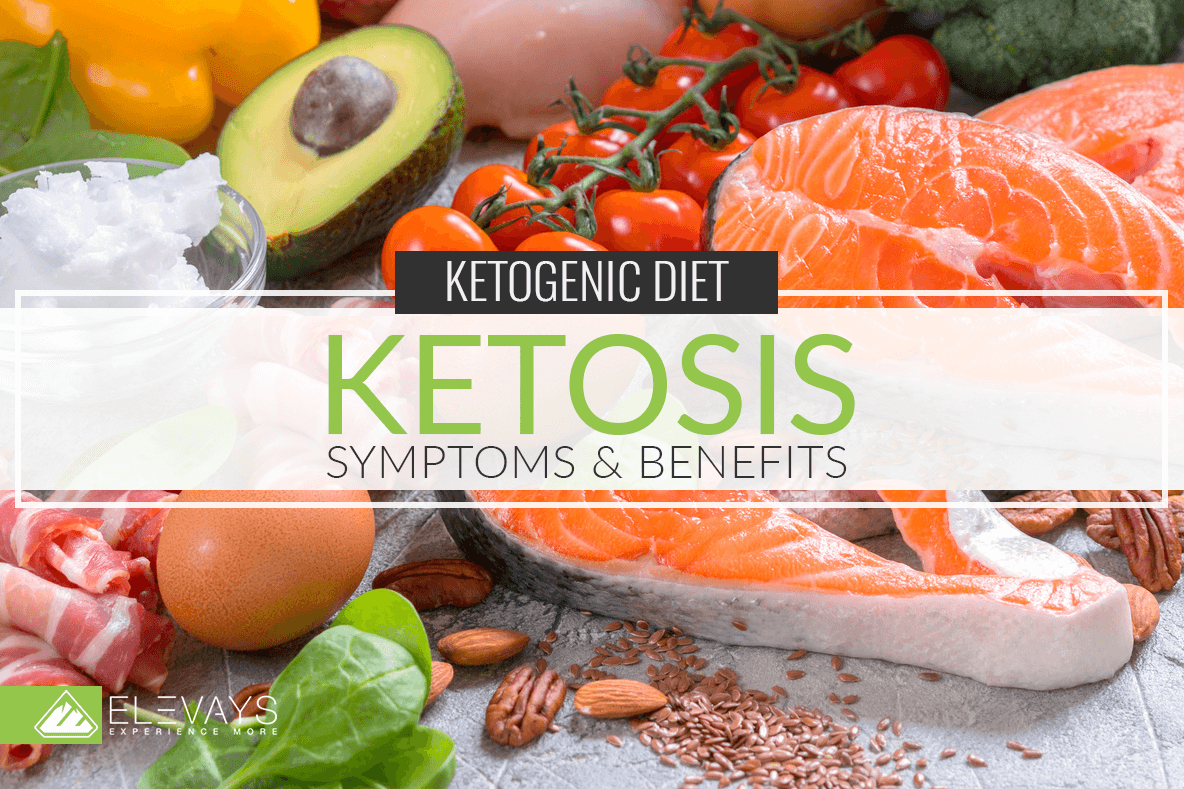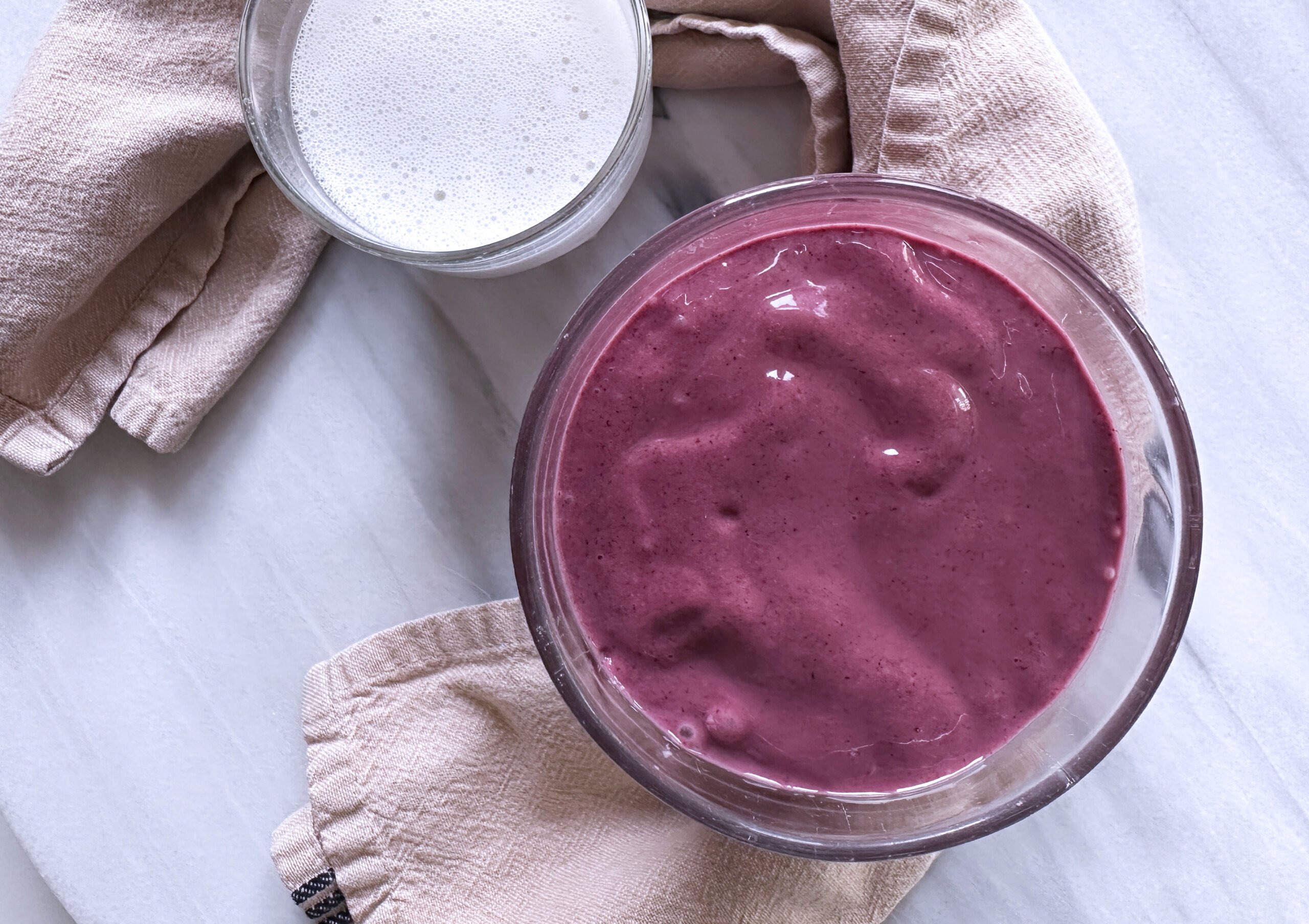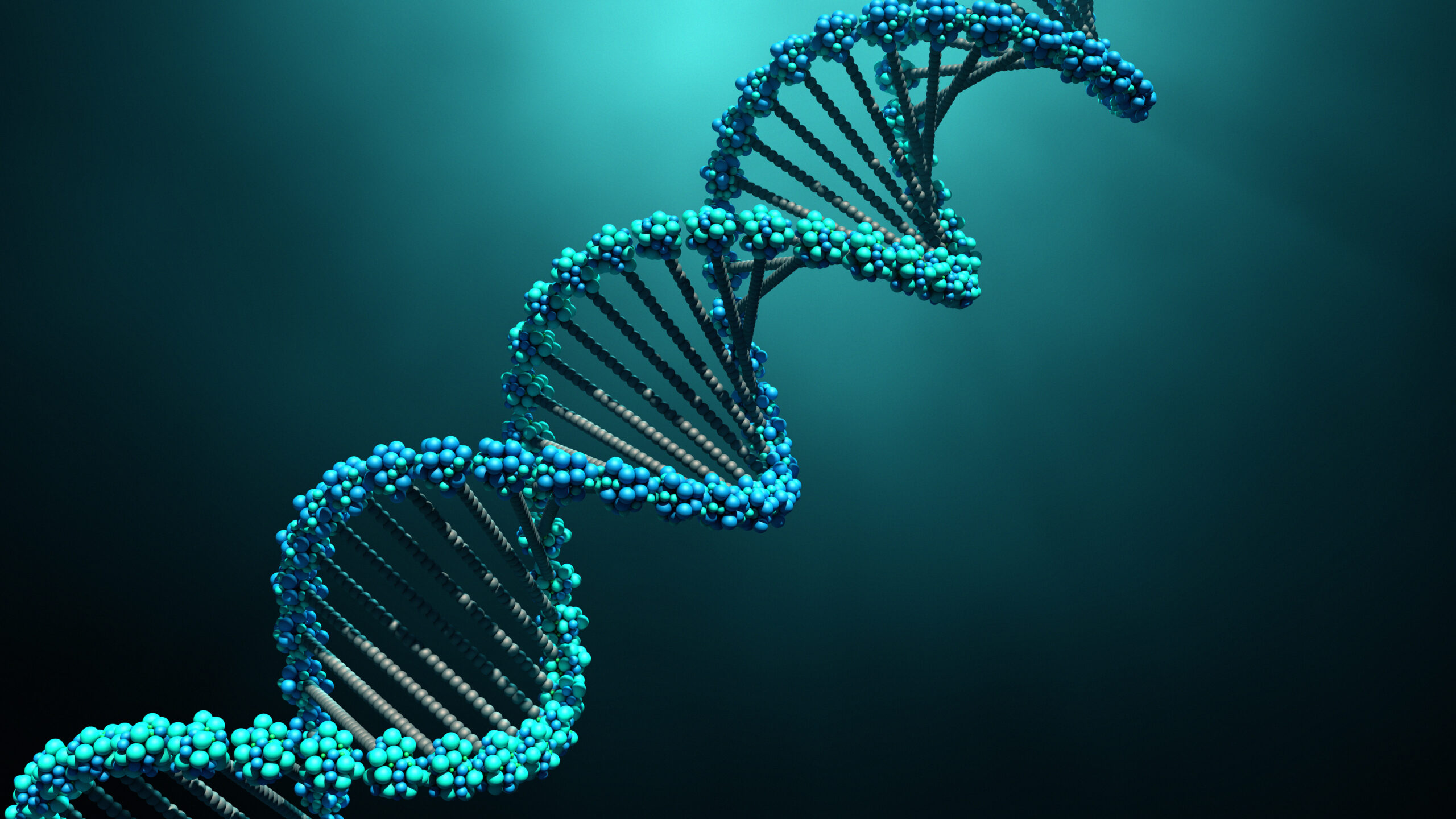“How do I know if I’m in ketosis?” If you’ve been on the Ketogenic Diet for a little while, that’s a legitimate question. If you’re diligently following the plan you know that it takes effort to be on the keto diet. And at this point you’re probably wondering, “what are Ketosis Symptoms?”
Do you have to have ketosis breath (hopefully not, right)? Do you have to have a keto headache or have a bout of keto diarrhea (again, hopefully not right)? Maybe you need to have metallic breath and a keto headache to fully be in ketosis.
If you’re confused about ketosis symptoms and you really want to be sure that you’re not missing the mark with the ketogenic diet then you definitely need to read this article.
We’re going to cover the benefits of ketosis and commonly experienced ketosis symptoms. By the end of the article you’ll have all the information you need to know so that you can easily tell if you’re in ketosis.
TRUTH BOMB:
You’re
Already killing it!
If You Were More Consistent With Your Wellness Routine, You’d Be Unstoppable.
What Is Ketosis?
Ketosis is one of the most misunderstood medical terms among laymen and even health professionals and medical experts. Often, they confuse it with ketoacidosis (a potentially life-threatening condition caused due to deficiency of insulin). If you are going to follow the ketogenic diet, it is crucial to know about nutritional ketosis, when and why it occurs and the possible ketosis symptoms.
In simple words, ketosis is a metabolic state where the body uses fat for fuel. In the absence of dietary carbs your body will use fat and protein for energy. Essentially, you’re turning the body into a fat burner vs. a sugar burner.
Most people in Western nations are sugar burners (which is why weight management issues are so common). The Western diet is full of sugar and high glycemic foods. In this environment the body adapts to burning sugar as a primary fuel source and the fat is stored on the body.
That’s why people lose weight, and generally experience much better health, when they switch to the ketogenic diet. They remove sugar (and carbs) as a primary source of fuel, replacing it with healthy fat which then becomes the primary source of energy.
You can start to experience ketosis symptoms when there is a lack of free access to blood sugar (glucose).
Along with the ketogenic diet, ketosis symptoms can also occur during fasting or starvation, in infancy and in pregnancy.
If you want to know how to get into ketosis fast, you will have to consume less than fifty grams of carbs per day. Processed sugar is completely gone and you have to also get rid of all grains, potatoes, corn and other starchy foods.
Benefits of Ketosis
Ketones Supply Energy to the Brain
Parts of the brain use ketones for energy, especially during starvation or when on a nutrition plan like the Ketogenic Diet. As a matter of fact, when you starve yourself for just three days, your brain gets 25% of its required energy using ketones. When you are on a longer starvation period, the number increases up to 60%.
I guess you could call this one of the symptoms of starvation. In the case of the Ketogenic diet, this is what happens when you starve the body of excess sugar and carbs. You could say that it’s one of the symptoms of ketosis.
Ketones Improve Epilepsy
In the 1920s, people used ketogenic diets as an alternative treatment for epilepsy when people did not respond to drug-based treatments (they should’ve had that the other way around – nutrition first and then the drugs, but that’s my 2 cents). Ketogenic diets showed remarkable results, especially on children.
Ketones Promotes Weight loss
The ketogenic diet is a science based weight loss method. Studies show that this nutrition plan is more effective than low-fat diet programs. Most people on the ketogenic diet report that they feel more satisfied and less hungry – and when’s the last time you heard someone say that when they were on a diet? As a result there is little need to count calories (another win!).
Therapeutic Uses of Ketosis
Heart Disease
Cutting down on carbs to reach ketosis may reduce the risk of heart disease, too. The Ketogenic Diet has a significant positive effect on cholesterol and triglycerides.
Metabolic Syndrome
Metabolic symptoms like increased belly fat, high blood pressure and high triglycerides are often completely resolved on the Ketogenic Diet.
Diabetes
Ketosis is known to promote sensitivity of insulin by up to 75%.
Cancer
Researches show that ketosis can be therapeutic by pushing cancer cells to “starve” and kill themselves.
Alzheimer’s Disease
The Ketogenic diet may also help people with Alzheimer’s disease.
Acne
Some studies show that the Ketogenic Diet can improve complexion and reduce the occurrence and severity of acne.
Now that you have an idea of the many benefits of ketosis and the Ketogenic Diet you probably want to know how to tell if you’re in ketosis. We’ll review common ketosis symptoms now.
Ketosis Symptoms
1- Ketosis Breath
Most people that have reached full ketosis report that they have halitosis or bad breath – Keto Dieters people call it keto breath or just ketosis breath. It’s kind of a bummer, especially since there are so many benefits to ketosis. But it’s pretty common on the Ketogenic Diet.
The bad breath is specifically described as a fruity smell in the breath. It happens as a result of increased ketone levels and a specific ketone type known as acetone which exits through the breath and the urine.
It sounds weird but since the ketones exit through the breath and urine, you can have fruity smelling urine, too. This is one explanation for ketones in the urine that has nothing to do with diabetes.
Bad breath may not be ideal for a social life but it’s certainly a positive sign if you want to get into ketosis. Try using sugar free gum like this one to alleviate the issue.
2- Ketosis Weight Loss
If you have weight to lose, one of the best ketosis symptoms is weight loss. We’ve touched on this earlier in the article that the Ketogenic Diet is a research supported way to lose body fat. As mentioned previously, you’re turning the body into a fat burner as opposed to a sugar burner. This supports weight loss.
Additionally, the Ketogenic Diet promotes eating healthy, whole foods. If you’ve been eating the typical Western Diet then you’ll definitely notice results – perhaps more quickly than those that have already been eating healthy foods.
Many people want to know – how long does it take to lose weight in ketosis? In the first week, you typically see quick results. This initial weight loss is usually the loss of water weight as well as the body using up stored carbs.
The great thing about the Ketogenic Diet is that even though you see those short term results it also translates into long-term weight reduction (so long as you maintain healthful and mindful eating after the Ketogenic Diet). Many health experts now agree that the Ketogenic Diet is one of the best ways to lose excess weight.
3- Elevated Blood Ketones Levels
The cornerstone of the ketogenic diet is its ability to increase ketones and reduce blood sugar levels. After a few weeks of following the Ketogenic Diet, you will start burning fat and using it (instead of sugar) as the primary source of energy.
If you want to know precise measurements of blood ketones levels you can do so by getting a lab test that measures it or using a blood ketone meter by pricking your finger.
You can also measure ketone levels through urine by peeing on a keto stick. This will tell you whether or not you’re in ketosis but doesn’t give you any specific measurements. You can find keto sticks in most drug stores. Most people will find that using a ketone breath meter is a great option because it’s non-invasive and it still provides measurements (see below).
4- Elevated Ketones in the Urine and Breath
You can measure ketones in your breath by using a ketone breath meter. The device primarily monitors acetone, one of the three main ketones in the blood during ketosis. Using a ketone breath meter is known to be very accurate, though not as accurate as measuring blood ketones levels. Ketonix makes a great ketone breath meter if you’re looking for a recommendation.
5- Grehlin Suppression
Grehlin is a hormone that is released that tells your body to eat – that you are hungry. It can even show up as a craving if the grehlin signal is ignored for too long. The Ketogenic Diet supports grehlin suppression – so much so, that keto dieters experience decreased hunger.
Although the exact reasons are still unclear, many health experts suggest that the decrease in hunger could be due to the increased intake of healthy fats, protein and vegetables which creates changes in your hunger hormones.
6- Keto Flu
What is keto flu? First time Keto Dieters may experience brain fog, sickness, irritabilty, nausea, headache (aka keto headache) and fatigue. They may crave sugar and carbs like bread and pasta. The compilation of these feelings and ketosis symptoms is known as keto flu.
A lot of people want to know how long does keto flu last? Most people will find that ketosis flu is most intense in the first week.
Others will still experience keto flu symptoms for weeks after starting the Keto Diet. It really depends on the person and where you’re starting from.
If you’ve been eating a highly processed diet full of refined carbs and sugar then ketosis flu is probably going to be more intense. Your body just has more adjusting to do.
If you’re’ already eating a grain-free, high protein diet (like Paleo) you may have very mild keto flu symptoms. You may not even go through ketosis flu at all.
This could be because your body has fewer adaptations to make since you’re already eating so closely to the keto diet.
It’s true that you may feel completely miserable shortly after starting the Keto Diet. But please don’t let that deter you. Remember – you are pushing your body to adapt to a new way of eating perhaps after decades of a carb-rich diet. So your body may not accept the switch overnight.
So be patient and give yourself at least 30 days to get into full ketosis. And remember that the brain fog, fatigue, keto headache and cravings are common ketosis symptoms and over time you will feel more energized with better brain function and more clarity. You’re going to unlock a whole other level of high performance.
7- Keto Diarrhea
I know. Diarrhea? Seriously? Stay with me. If you’ve been reading for this long you’re pretty invested in this so I have to mention the keto diarrhea thing. And keto constipation.
Here’s the deal: Any time you make major changes to your diet your body can go through a calibration period to adjust.
This impacts your entire body but it may be most noticeable in your digestive system. It’s not unheard of to experience constipation and even diarrhea on keto.
Even though keto diarrhea and constipation are likely to clear up quickly, it may be a good idea to be mindful of the specific foods that are causing the digestive issues. If keto constipation is the problem remember to include fiber rich, keto friendly foods, like avocado, in your diet.
Conclusion
Hopefully by now, you feel like you know how to tell if you’re in ketosis. The ketone breath meter is one of the most surefire ways to know. If you’re not ready to invest in that, consider getting keto sticks from your local drugstore or you can use this article and your ketosis symptoms as a guide.
As is the case with any major task, consistency, diligence and hard work pays. Whenever you start to experience ketosis symptoms envision yourself having reached your end goal.
That may be losing weight, overcoming a chronic condition or optimizing your health. Whatever that looks like for you, see yourself there instead of in the midst of your ketosis symptoms.
You will get there. It will be worth it. If you’re a keto dieter (past or present) and you’ve experienced ketosis symptoms share your experience below. What did you do that helped alleviate the challenges? We’d love to hear from you!









I’m on Izabella Wentz’ Hashimoto’s Protocol, which is very similar to the ketosis diet, except that I sometimes eat sweet potatoes (slice into fries, roll in olive oil, salt, bake). I’m losing weight, slowly, and don’t miss sugar or dairy or grain. When I want to cheat, I eat one date. I’m slowly losing weight — I’m desperately overweight, and with Hashimoto’s thyroid problems, I was steadily gaining weight until I started the Hashimoto’s diet. For breakfast, I make myself a HUGE protein shake, with lots of healthy stuff. I don’t like it too thick, so I dilute it with lots of water, and the shake volume is nearly 8 cups. Then I’m not very hungry for a while. Maybe I should give up sweet potatoes to go into ketosis and lose weight faster? I think I wiould miss them too much.